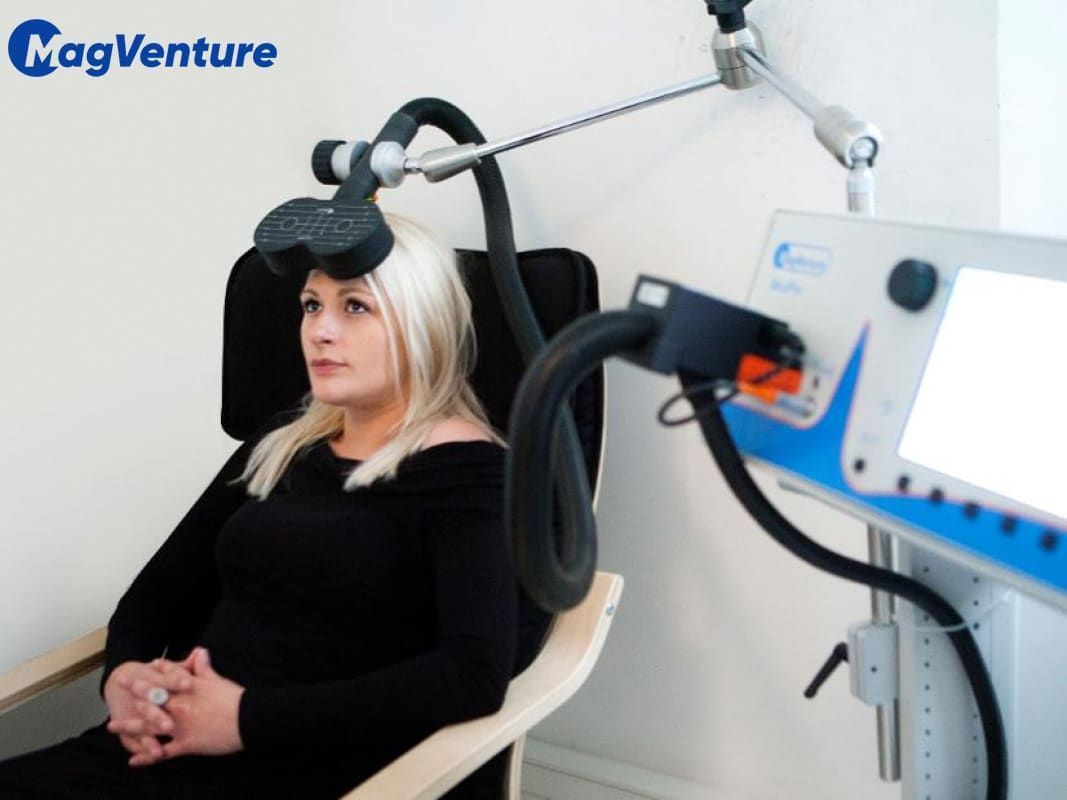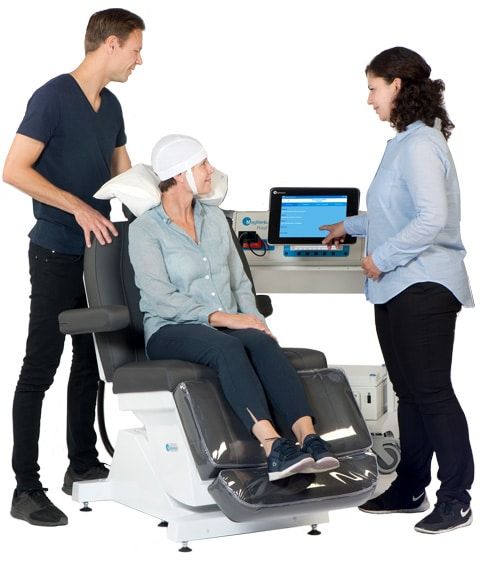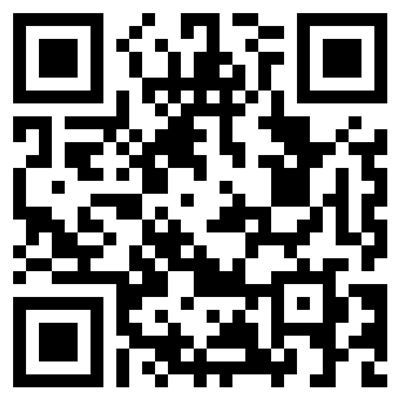TMS Therapy Treatment For Depression
What is TMS Therapy?
Transcranial Magnetic Stimulation Therapy (TMS) is a highly effective treatment for depression that was approved by the FDA in October 2008. TMS uses magnetic pulses, similar in strength to magnetic resonance imaging or MRI machines, to electrically stimulate nerve cells in small underactive regions of the brain that are thought to control mood in order to relieve symptoms of depression. TMS therapy is noninvasive and does not use medication so patients don’t suffer the side effects that often accompany antidepressant medication, such as nausea, weight gain or memory loss. Ready to learn more? Watch the video below or request an appointment to see if TMS is right for you!

How TMS Works
What happens in the brain during depression? And how can TMS (transcranial magnetic stimulation) therapy be used to help treat depression? This short introduction video graphically shows how MagVenture TMS Therapy uses magnetic pulses to target the exact area in the brain affected by depression. We use the latest MagVenture TMS technology at The Albany Clinic for outpatient, non-invasive TMS therapy treatment.
MagVenture TMS Therapy is FDA Cleared for Major Depression and OCD Treatment
How Long Does TMS Treatment Take?
Standard TMS treatment sessions can last for 20-40 minutes on average and a typical treatment plan can consist of 20-30 sessions over 5 to 6 weeks. TMS therapy could serve as an alternative treatment for individuals who do not respond positively to medication or cannot withstand the side effects. Research suggests that incorporating TMS therapy with counseling or psychotherapy may enhance treatment outcomes.
What You Can Expect
- Our MagVenture TMS device delivers magnetic pulses in order to electronically stimulate areas of your brain that control mood. It’s non-invasive and requires NO anesthesia.
- The TMS device is placed around you head and makes a clicking sound. Most patients describe the feeling similar to a gentle tapping on the scalp.
- What’s the best part? You can drive back home or to work in order to resume or continue normal life activities following your treatment session. TMS does not affect cognitive function.

Our Services
Major Depressive Disorder
In 2008, the FDA approved the use of TMS therapy as a noninvasive treatment for major depression disorder. People suffering from major depression often have severe difficulty working, sleeping, concentrating, eating and enjoying life. Many individuals with major depressive conditions also struggle with the adverse side effects of antidepressant medication and treatment-resistant symptoms.
Are You Local To Carbondale Illinois?
You Don’t Have To Keep Suffering With Depression
Major depression is one of the most common mental illnesses in the United States. Yet 50% of people with major depression don’t seek treatment or help. Some think the feelings or symptoms will just go away and don’t recognize it as a mental disorder. Others don’t want to be prescribed an antidepressant for life. There are also some people who are simply too embarrassed to talk about it with their physician. But you should know that there are a variety of treatment options to help you—and some are non-invasive and drug free. There is no reason to continue to suffer with depression.
Depression Fact: There is no “one-size-fits-all” for treatment for depression because no two people are affected the same way. It may take some trial and error to find the treatment that works best for you. –National Institute of Mental Health
Depression Risk Factors
- Having a personal or family history of depression
- Undergoing major life changes, trauma or stress
- Being treated for certain physical illnesses
- Taking certain medications
What is Treatment Resistant Depression?
Treatment Resistant Depression (TRD) is when an individual doesn’t respond to traditional depression treatments such as antidepressant medication or psychotherapy. Depression may be considered treatment resistant if a person doesn’t respond to two different antidepressants from different classes. Roughly two-thirds of patients are not helped by the first antidepressant prescribed and one-third of patients will not respond to multiple interventions. If you are suffering from treatment resistant depression, The Albany Clinic can help.
Is TMS Therapy Right For You?
TMS therapy is a breakthrough treatment option for mental health that has received FDA approval. Its effectiveness extends to a range of psychiatric disorders as well as certain physical conditions such as migraines and chronic pain. However, it is crucial to seek professional guidance from a psychiatrist to determine whether TMS therapy is the appropriate treatment for your unique situation. Our consultation appointments aim to evaluate whether TMS therapy aligns with your specific needs by taking into consideration factors such as age, medical history, and current mental health status.





